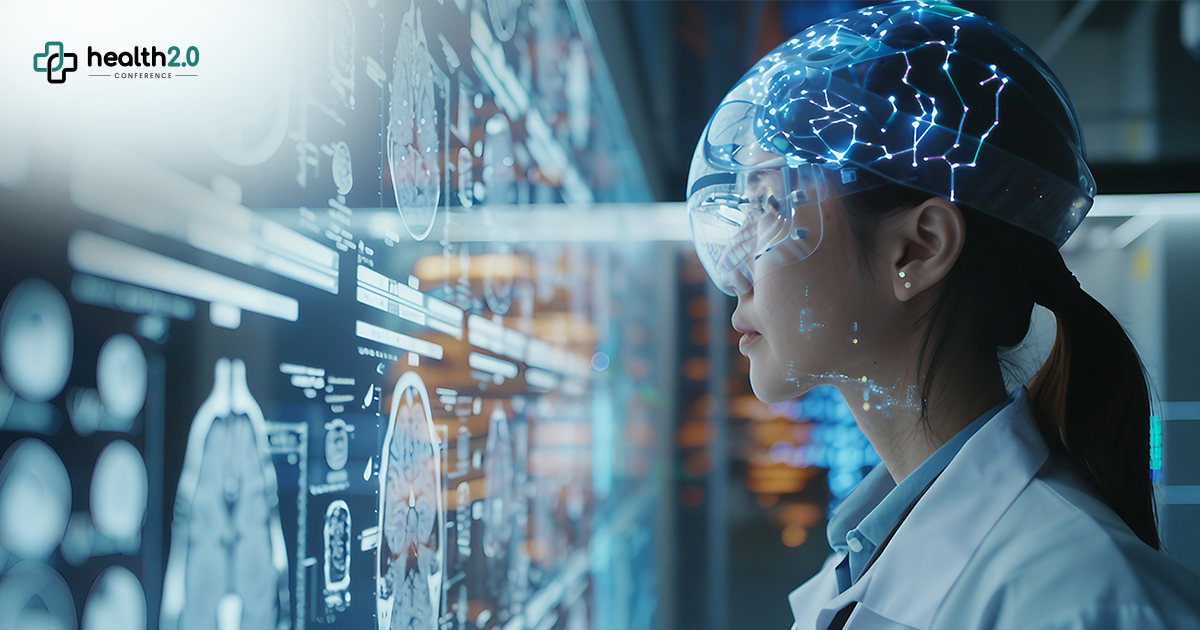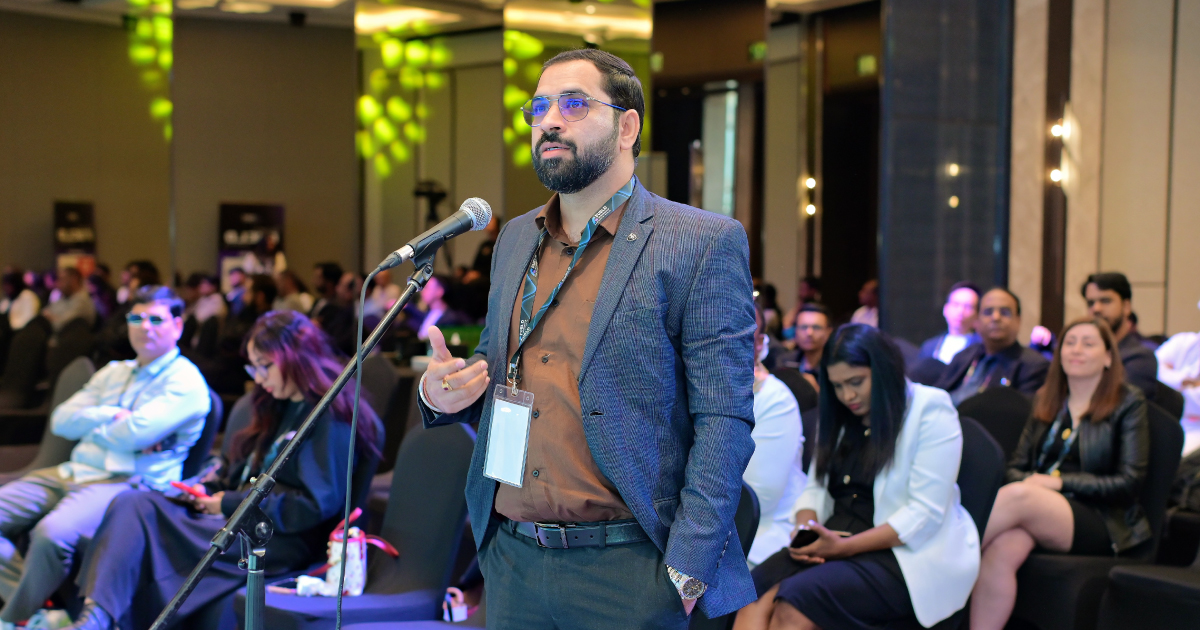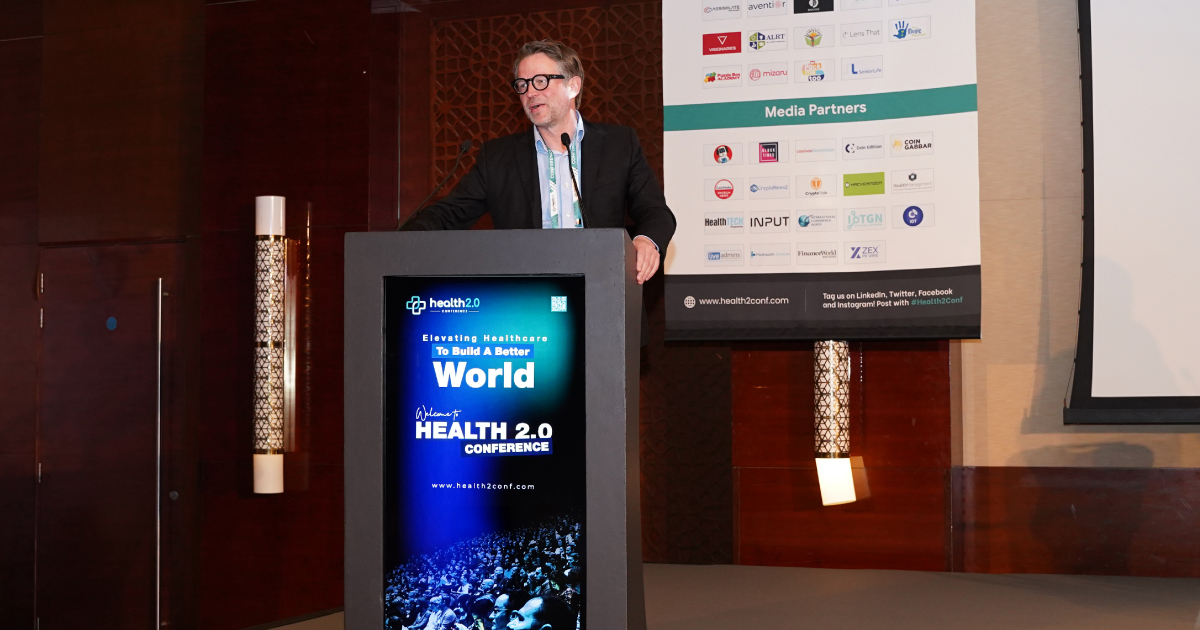AI is redefining healthcare, ushering in an era of personalized medicine and enhanced patient care. This blog delves into the key role of AI in developing targeted therapies, employing predictive analytics, and crafting individualized treatment plans. It explores the profound impact of machine learning solutions in revolutionizing medical interventions, ensuring precision care tailored to each patient's unique needs. Against the backdrop of these advancements, attending USA healthcare conferences like the Health 2.0 Conference in 2024 can offer valuable insights and strengthen understanding of these AI-driven transformations, enabling health leaders to integrate cutting-edge technologies into their practices effectively.
Personalized Treatment Plans
In the landscape of modern healthcare, AI stands as a game-changer in developing personalized treatment plans. Utilizing deep data analysis, AI systems are adept at formulating treatment strategies that cater to the specific genetic makeup and health history of each patient. This precision medicine approach promises not only heightened effectiveness but also minimized side effects. As we look towards healthcare events in 2024, the evolution of these AI-driven personalization techniques will undoubtedly be a focal point, signifying a leap towards more individualized and effective healthcare solutions. AI's ability to customize treatments heralds a new era in patient-centric care.
Predictive Analytics In Healthcare
Predictive analytics, powered by AI, is transforming healthcare by enabling early disease detection. AI's advanced data analysis capabilities enable the early detection of health risks, facilitating prompt intervention and preventative measures before conditions become severe. This proactive approach significantly enhances patient outcomes by reducing disease progression and treatment complexities. As we advance, predictive analytics will become more integral in healthcare strategies, offering insights that guide both patient care and public health decisions. This shift towards anticipatory healthcare, driven by AI, marks a significant stride in improving overall health outcomes and managing diseases more effectively.
AI-Driven Diagnostics
As healthcare advances into the future, artificial intelligence (AI) takes center stage, greatly enhancing diagnostic precision. AI's intricate algorithms rapidly analyze vast patient datasets, detecting subtle anomalies that conventional methods may miss. This technological marvel significantly boosts accuracy, reducing diagnostic errors.
Leading the charge, IBM's Watson for Health and Google's DeepMind exemplify this revolution. These cutting-edge tools merge machine learning with data analysis, providing real-time, game-changing diagnoses. The rise of AI-driven diagnostics paints a promising picture for the future of healthcare, uniting solution-focused innovation with life-saving precision.
Machine Learning In Drug Development
Machine learning is revolutionizing drug development and expediting the discovery of new treatments. AI's capacity to rapidly sift through vast datasets and pinpoint promising drug candidates is revolutionizing the pharmaceutical industry. This not only reduces research and development costs but also accelerates the process, bringing life-saving medications to patients faster.
The significance of such advancements in healthcare will likely be a key topic at upcoming USA healthcare conferences, like the Health 2.0 Conference. These events provide a platform for industry leaders to explore the latest trends and innovations, promoting collaboration and driving progress in drug development and beyond.
Revolutionizing Patient Engagement Through AI
In the coming years, AI is set to redefine patient interaction and monitoring by offering personalized communication. Sophisticated AI systems, utilizing chatbots, offer instant and relevant health information, ensuring consistent patient engagement. Remote monitoring, empowered by AI, brings the convenience of virtual care, keeping patients engaged outside medical settings. An example is AI-powered wearable devices that enable real-time health data analysis, giving an immersive healthcare experience. It's certain embracing AI tools paves the way for higher patient engagement, promotes personalized healthcare, and creates the pathway to future-focused patient care.
Ethical And Privacy Considerations
As artificial intelligence (AI) continues to expand its role in healthcare, it navigates a landscape riddled with ethical and privacy challenges. Key issues at stake include ensuring data transparency, addressing algorithmic bias, and navigating consent complexities. These challenges underscore the importance of developing robust solutions to preserve privacy, establishing ethics review boards, and implementing effective accountability measures. These solutions are critical in building a foundation of trust and optimizing AI's application in healthcare.
To effectively harness AI's transformative potential in healthcare, prioritizing patient welfare through rigorous governance and thoughtful implementation is paramount. In this context, participating in relevant healthcare events in 2024 can provide valuable insights and encourage discussions around these emerging solutions, guiding healthcare innovators toward responsible AI advancement.
Integration Challenges
Integrating AI into existing healthcare frameworks presents notable hurdles. These include aligning AI capabilities with legacy systems and navigating varied data formats. Forward-thinking strategies for seamless adoption involve customizing AI solutions to fit unique healthcare environments and promote interdisciplinary collaboration. Emphasizing staff training and phased implementation can also smooth the transition.
Future trends suggest that tailored AI tools, designed with healthcare specifics in mind, will enhance integration. Such strategic approaches promise to streamline AI adoption, ensuring healthcare professionals and leaders can leverage AI's full potential efficiently and effectively.
Future Trends And Innovations
The healthcare sector is on the cusp of a major transformation driven by AI. Cutting-edge developments, such as AI-enhanced genomic sequencing and machine learning-driven predictive models for chronic diseases, are paving the way for unprecedented advancements. These technologies are not just improving diagnoses but also revolutionizing treatment plans with unparalleled precision and personalization. This evolution in healthcare technology foretells a future where interventions are proactive and patient outcomes are significantly improved. For professionals at the forefront of healthcare, keeping pace with these advancements is pivotal. Engaging with these emerging trends through specialized conferences provides a nuanced understanding, enabling leaders to effectively integrate these innovations into future healthcare strategies.
Lead The Charge In AI-Enhanced Healthcare Solutions
In conclusion, AI's integration into personalized healthcare is a game-changer, enhancing diagnostics and revolutionizing treatment plans with precision. As we look to the future, AI's potential to continuously innovate in healthcare is immense, promising more efficient, tailored, and effective patient care. This evolution underscores the importance of ongoing education and professional development. The upcoming USA healthcare conferences in 2024, like the Health 2.0 Conference, present golden opportunities to stay at the forefront of these advancements. Healthcare professionals are encouraged to explore these conferences' agendas and attend events aligning with their goals, seizing the chance to be part of this exciting and ever-evolving field.














